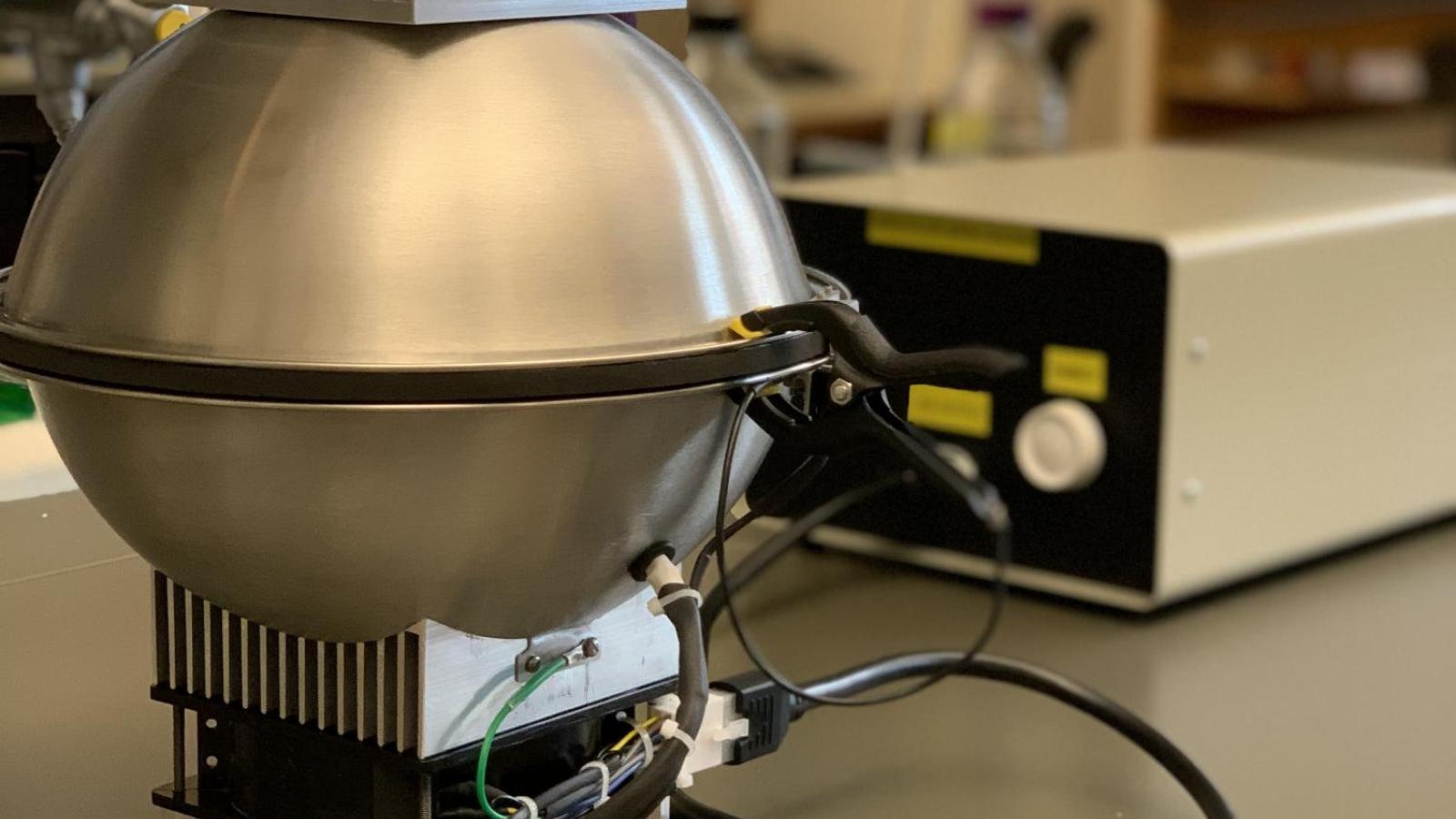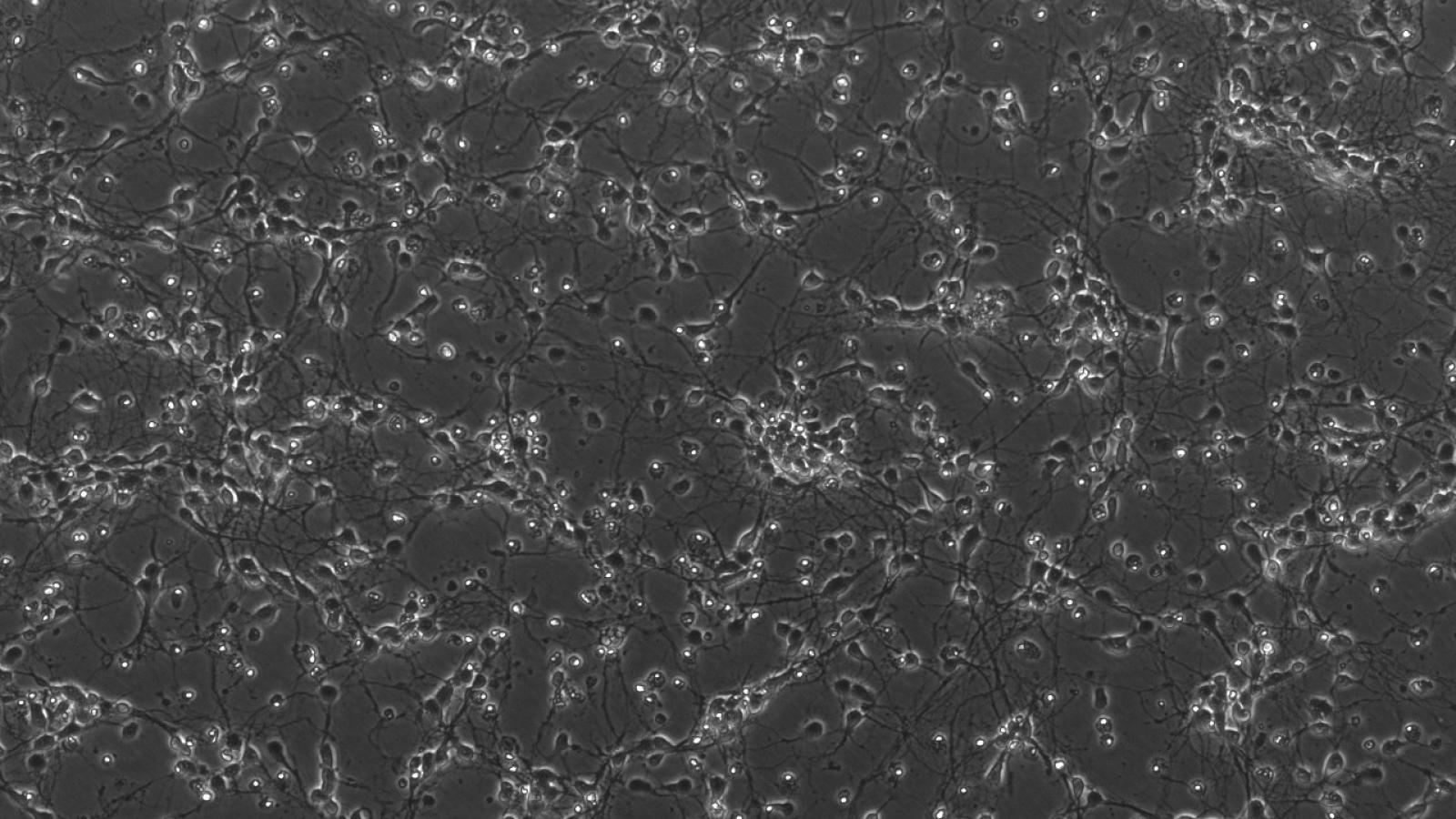Home
The Alex Whiteley laboratory aims to address crucial questions for understanding protein homeostasis using unbiased, mass-spectrometry based proteomics paired with in vivo and cell biological methods.
The ubiquitin-proteasome system is essential to eukaryotic life through the regulation of protein degradation. Ubiquitinated proteins bind to the proteasome via ‘intrinsic ubiquitin receptors’ – subunits of the proteasome cap which promote docking of ubiquitinated substrate to the proteasome for subsequent degradation. In addition to intrinsic receptors, mammals also express ‘extrinsic ubiquitin receptors’; these proteins are not subunits of the proteasome, but are capable of simultaneously and reversibly binding ubiquitinated proteins and the proteasome. The largest family of extrinsic ubiquitin receptors are called Ubiquilins (Ubqlns), which facilitate degradation of a poorly defined subset of ubiquitinated proteins. Since their discovery, multiple Ubqlns have been implicated in cancer and neurodegenerative disease. In particular, mutations in UBQLN2, which is highly expressed in neurons and muscle, were recently identified as the cause of an X-linked, dominant form of familial Amyotrophic Lateral Sclerosis (fALS).
Understanding Ubiquilins: Facilitators of protein degradation
Recent work has shown that Ubqlns play a crucial role in the ubiquitin-proteasome system, which is central to cellular health, but major questions remain:
- Do Ubqlns regulate the same clients regardless of cell type or stimulus?
- How does the accumulation of these clients impact cellular health?
- How do these clients lead to in vivo pathology when Ubqln function is lost?
Check out our 'Projects' page for more information on current research, and our 'Publications' page for links to our most recent work!






